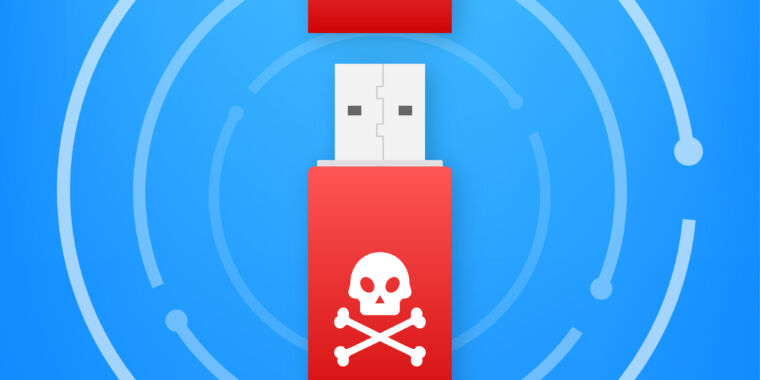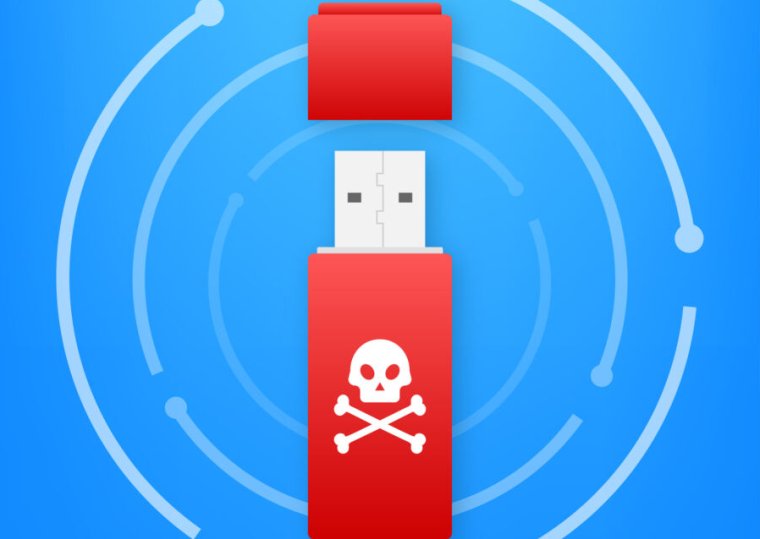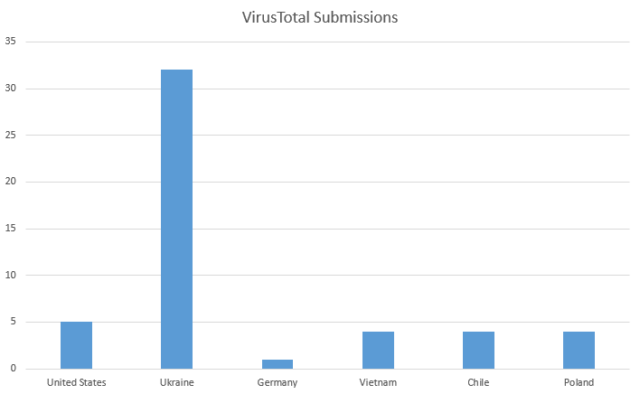Planes dropping out of the sky. Your mobile rendered useless, just like your car. As a Netflix film portrays a nightmare that security experts insist is a very real prospect… How will YOU survive on the day an enemy state switches off the internet?
An oil tanker ploughs into a tourist beach. Planes fall from the sky. Driverless cars run amok. The internet fails and the mobile network dies. Feral instincts take over as people fight for food, water and medicine amid the ruins of civilisation.
That is the nightmare vision depicted in Leave The World Behind, Netflix‘s recent hit film starring Julia Roberts and Ethan Hawke as a couple battling societal breakdown when the technology that underpins civilisation collapses.
It’s fictional, but it touches on deep-seated, real-life fears.
The film is produced by Michelle and Barack Obama‘s company, Higher Ground. The ex-president was closely involved in shaping the plot, which dramatises many of the cyber-security issues on which he was briefed during his eight years in the White House.
For our 21st-century lives are almost entirely dependent on complex technologies that many do not understand — and that can so easily be exploited by our enemies.
Maintaining a car, for example, was previously a job for any competent motorist and their local mechanic. Now our vehicles are computers on wheels, their inner workings a mystery.
We used to navigate with paper maps and landmarks. But with his car’s satnav out of action, Ethan Hawke’s character Clay Sandford is unable even to find his way to the nearby town.
Our telephone system used to run on sturdy copper wires, with handsets you could fix with a screwdriver. Now it is a branch of cyberspace.
So, too, is finance. Remember when a credit card’s embossed number left an imprint on a paper slip? Not any more. Our payment system depends wholly on electronic encryption.
What use is cash in the modern world? In the film, with the internet gone, it becomes a prized asset.
If the technologies we rely on break down, many of us will be as helpless as Hawke’s Clay Sandford. ‘I am a useless man,’…





